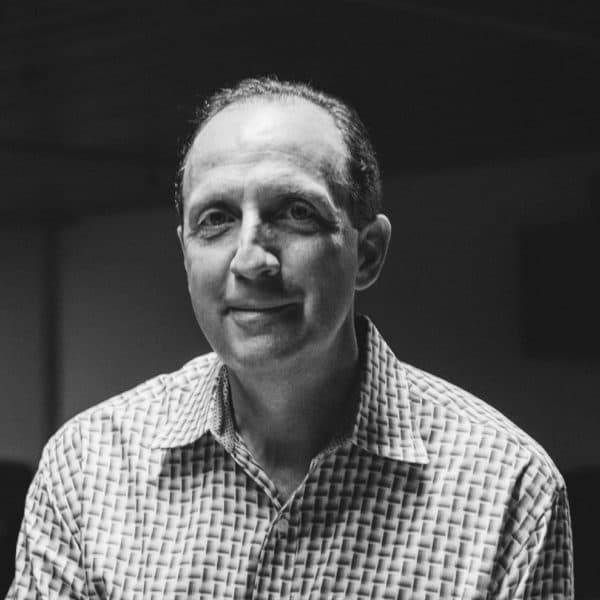Advertisement
With A Week To Go, Is Coakley Leaning Too Heavily On The Mass. Democratic 'Machine'?

A subtle panic is evident in Martha Coakley’s camp as its candidate remains stuck in second gear with a week to go in the race for governor. Whether it’s warranted or not, it doesn’t reflect well on its principal.
The campaign surely expected Coakley to rise out of the low-40 percent range in polls by now. Instead, her numbers have been largely stagnant since Labor Day.
Compounding matters is that independent voters have thus far been more supportive of the Republican candidate. Charlie Baker’s ability to communicate moderation and a thoughtful approach to issues involving the economy and the sound administration of government has clicked with this critical cohort, where he now enjoys a solid lead over his opponent, according to some polls.
The Coakley campaign betrayed its anxiety in recent days when it resorted to blaming pollsters and the media for survey results that don’t support its narrative.
Campaigns fear that unexpected negative poll numbers late in the game will adversely affect morale and, consequently, sap energy from get-out-the-vote efforts. The Coakley team may worry that this effect will be magnified in an election year that is indicating a depressed Democratic electorate at the national level, and challenges at the local level where its candidate struggles for popularity even within her own party.
The Coakley campaign betrayed its anxiety in recent days when it resorted to blaming pollsters and the media for survey results that don’t support its narrative.
This race is close enough that a swing of a few points can make a difference. There is still plenty of time for that to occur, in either direction, since at least 10 to 12 percent of the electorate remains undecided.
Coakley surrogates and, disappointingly, the candidate herself, nonetheless aimed tirades over the weekend at one poll in particular that shows Coakley down to Baker by a relatively wide margin. In an amusing twist, the campaign even based a rally of labor union backers in Boston around attacks on the poll and its sponsor. This was a clumsy, albeit understandable, effort to adapt the narrative on the penultimate weekend of the campaign.
Doubts from the Coakley campaign also became evident early last week as one of its main talking points exclaimed the Democratic “machine” will turn out voters at a far higher rate than Baker could possibly muster. In essence, the argument goes, the gubernatorial polls have a built-in error of 3 to 5 percent that will break in Coakley’s favor on Election Day.
While a recent analysis by WBUR’s Poll Vault makes data-based observations that lend some credence to a general polling-versus-turnout disparity in the last few elections, this year brings variation in certain factors that may reduce the so-called machine effect.
Just as importantly, there is an unappealing aspect to relying heavily on the machine argument because it seems to turn the Coakley campaign inward. Coakley now relies on catering to her ideological base, eschewing further efforts to reach out to the rest of the population — moderate Republicans and independents alike — who comprise over half the commonwealth’s voters. To the uninitiated, this radiates cynicism, as if the candidate doesn’t need them and won’t see them as part of a constituency if elected. This may be the wrong year for such an approach, as voters enter this election cycle with skepticism and a desire for change.
For its part, the revised iteration of the Baker campaign has tried to take the opposite approach — partially out of electoral necessity in needing to create a winning coalition, but also based on lessons learned from the candidate's failed bid for governor in 2010.
Baker’s well-documented creation of an economic development plan that includes gateway cities that traditionally do not support GOP candidates, for instance, helped win him endorsements from editorial boards in places like Brockton and Springfield — and, stunningly, from the Boston Globe.
Baker also focused on the specifics of job creation and improving educational opportunities, and was confident enough in his mastery of the issues that he was receptive to questions as well as to new ideas.
This time around, Baker has tried to demonstrate that, if he should become governor, he would take an expansive view of his constituency. In addition, many Democrats are not overly concerned by the prospect of Baker in the corner office because of his demonstrated ideological moderation and competence. He would be able to work with Democrats across the aisle, as did his political mentors Govs. Bill Weld and Paul Cellucci.
These factors, taken together, may eat into vote differentials in cities across the state and give Baker a real shot at winning.
His campaign has been a text book of consistency and what a GOP candidate needs to be in order to become governor. Its effectiveness has also been aided by the campaign of an opponent who still hasn’t made the case beyond her base why she should be the next governor of all of the citizens of the commonwealth.
Related:
- CommonHealth: Where Baker, Coakley Stand On Health Care
- Dan Payne: Independent Voters — Trick or Treat
- Poll Vault: A special WBUR/MassINC Polling Group project
- Eileen McNamara: Charlie Baker's Hypocrisy On Child Welfare
